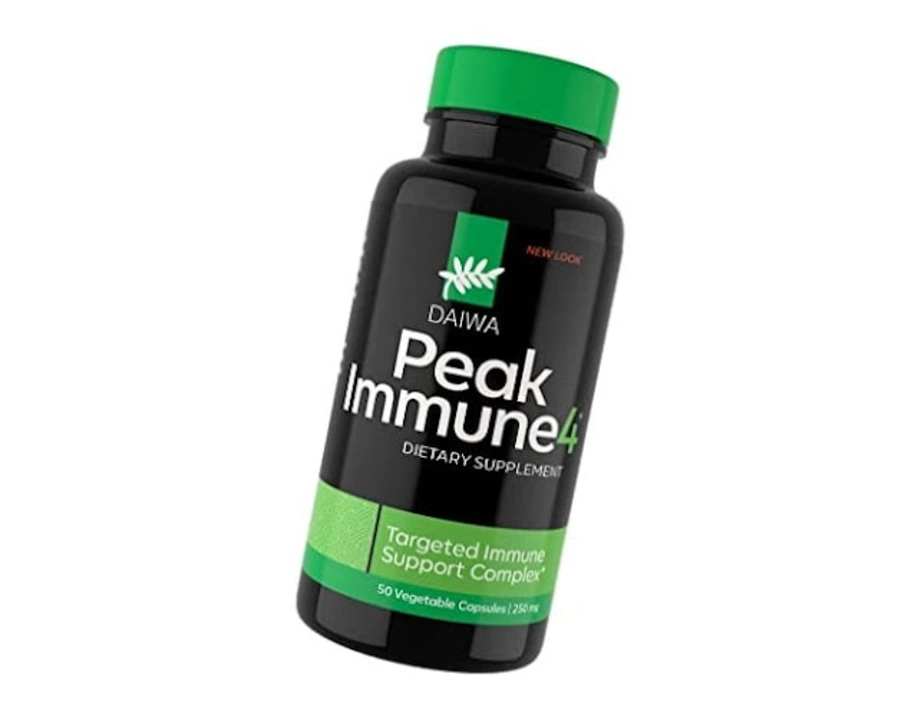Dietary Supplement Guide: How to Choose, Use, and Stay Safe
Thinking about adding a supplement to your routine? Good — but don’t grab the first bottle you see. Supplements can help, but they aren’t harmless by default. This quick guide gives plain, useful steps to pick better products, avoid problems, and work with your doctor or pharmacist so things go smoothly.
Choose quality over hype
Start with a clear reason: do you want help with sleep, joint pain, digestion, or brain focus? Match the ingredient to the need. For example, marshmallow root can soothe coughs and ease digestion; homotaurine shows early promise for cognition; wild indigo is used by some for immune support. Those are specific uses covered in our site articles if you want deeper reading.
Next, check the label. Look for the active ingredient and exact dose per serving. Avoid vague labels like "proprietary blend" that hide amounts. Prefer brands that list batch numbers, manufacturer contact info, and an expiration date. Third-party testing matters — stamps from USP, NSF, or ConsumerLab mean someone else verified what’s in the bottle.
Watch out for crazy claims: "cures," "detoxes," or "miracle" are red flags. Real benefits usually show up in research and come with limits — not bold promises.
Use them safely with meds and conditions
Supplements can interact with prescription drugs. Don’t assume "natural" equals safe. For example, some herbs affect blood pressure control, blood thinners, or antidepressants. If you take medications like ACE inhibitors, beta-blockers, anticoagulants, or antidepressants, check with your prescriber before starting a new supplement. Keep an updated list of everything you take — pills, vitamins, and herbs — and share it at appointments.
Start with a low dose and try one new supplement at a time. That makes it easier to spot side effects. If you notice stomach upset, skin rash, mood changes, or unusual bleeding, stop the supplement and call your healthcare provider.
Buying tips: prefer reputable pharmacies and known supplement brands. Our site covers reputable online pharmacies and telehealth options if you need prescriptions or faster advice. Avoid unknown vendors on marketplaces that hide seller info. If a product is much cheaper than similar bottles, that’s often a sign of poor quality or counterfeit goods.
Storage and monitoring matter too. Store supplements in a cool, dry place. Check the expiration date and toss any product with a strange smell or color change. Keep receipts and batch numbers for any product you take — they help if there’s a recall.
Final practical checklist: 1) Define why you want the supplement. 2) Read the label for ingredient and dose. 3) Look for third-party testing. 4) Check interactions with your meds. 5) Start low and watch for side effects. Follow these steps and you’ll make smarter, safer choices about dietary supplements.

Water Germander Supplement: Benefits, Dosage & How It Stands Out

Colloidal Minerals: The Ultimate Dietary Supplement for Optimal Wellness

Enhance Your Wellness Journey with Brown Algae Supplements
